Imagine a world where your favorite outdoor equipment, car parts, or even household appliances could withstand the harshest elements without succumbing to rust. That’s the promise of pó resistente à corrosão, a revolutionary technology that’s transforming the way we protect metals from environmental threats.
But what exactly are these wonder powders, and how do they work their magic? Buckle up, because we’re about to embark on a deep dive into the fascinating realm of corrosion resistance, exploring the science behind these innovative materials, their diverse applications, and the factors to consider when choosing the right one for your needs.
Como pó resistente à corrosão Fight Rust
Corrosion, the nemesis of all things metal, is the deterioration of a metal caused by its reaction with oxygen, water, or other elements in its environment. This reaction creates rust, a weak and brittle form of the metal, compromising its strength, functionality, and aesthetics.
Metal powders offer a powerful countermeasure. These finely-ground metal particles, typically ranging from 10 to 150 micrometers in size, are formulated with specific properties to enhance a metal’s natural resistance to corrosion. Here’s how they achieve this feat:
- Barrier Effect: Certain metal powders, like zinc or aluminum, form a physical barrier on the metal surface, acting as a shield against corrosive elements. Imagine these powders as a suit of armor, protecting the underlying metal from harmful environmental attacks.
- Sacrificial Protection: Some metal powders, like zinc or magnesium, are more susceptible to corrosion than the metal they’re protecting. When exposed to corrosive elements, these sacrificial powders corrode first, effectively diverting the attack away from the base metal. Think of them as valiant soldiers taking the brunt of the enemy fire, ensuring the safety of the city (your metal) behind them.
- Passivation: Metal powders like chromium can induce the formation of a thin, invisible layer of oxide on the metal surface. This passive layer acts as a barrier, hindering the diffusion of oxygen and other corrosive elements towards the metal. Imagine it as an invisible force field, deflecting corrosion attempts before they can even reach the metal.
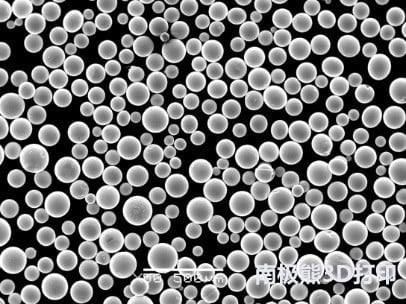
A Peek Inside Different Metal Powders
The effectiveness of a corrosion-resistant metal powder hinges on its composition. Let’s delve into some of the most popular options and their unique properties:
| Pó metálico | Composição | Características principais |
|---|---|---|
| Zinco | Zn | Excellent barrier protection, good sacrificial protection for steel, cost-effective |
| Alumínio | Al | Good barrier protection, excellent heat resistance, lightweight |
| Níquel | Ni | High strength, good barrier protection, excellent for high-temperature applications |
| Aço Inoxidável | Fe-Cr-Ni | Superior corrosion resistance, good mechanical properties, higher cost |
| Crómio | Cr | Promotes passivation, enhances high-temperature oxidation resistance |
| Molibdênio | Mo | Enhances high-temperature strength and corrosion resistance, often used in alloys |
| Cobre | Cu | Good electrical conductivity, fair corrosion resistance, often used in alloys for improved conductivity and corrosion performance |
| Silício | Sim | Improves strength and high-temperature properties, often used in alloying for enhanced performance |
| Titânio | Você | Excellent corrosion resistance, high strength-to-weight ratio, but more expensive |
| Zircônio | Zr | Excellent corrosion resistance at high temperatures, often used in nuclear applications |
Applications of Corrosion-Resistant Powders
The applications of corrosion-resistant metal powders are as diverse as the challenges they address. Here are some prominent examples:
- Indústria automóvel: From car frames and wheels to engine components, corrosion-resistant powders shield vehicles from harsh weather conditions, extending their lifespan and maintaining their aesthetic appeal. Imagine cars cruising worry-free through rain, snow, and salt-laden roads.
- Construção: Building materials like nails, screws, and roofing components coated with corrosion-resistant powders ensure the structural integrity of buildings for years to come. Think of bridges and skyscrapers standing tall, defying the elements for generations.
- Indústria naval: Exposed to the relentless assault of saltwater, ships, boats, and offshore rigs benefit immensely from the protective shield offered by corrosion-resistant powders. Imagine these vessels navigating the seas with confidence, knowing they’re well-equipped to withstand the corrosive power of the ocean.
- Bens de consumo: From appliances like washing machines and refrigerators to outdoor equipment like bicycles and grills, a touch of corrosion-resistant powder can significantly enhance their durability and appearance. Picture your trusty grill sizzling up perfect burgers for years to come, unfazed by the elements.
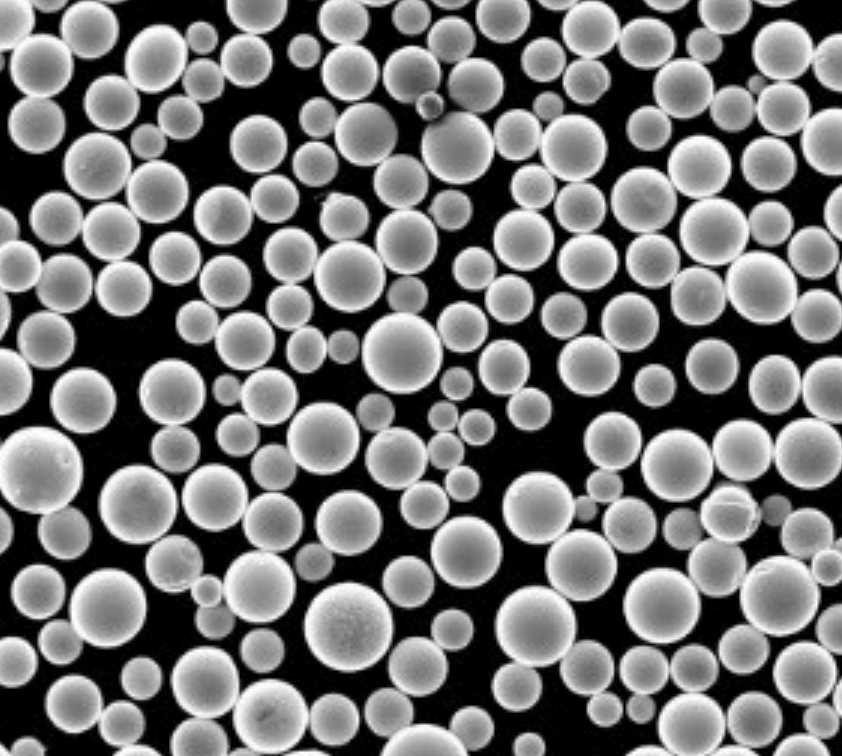

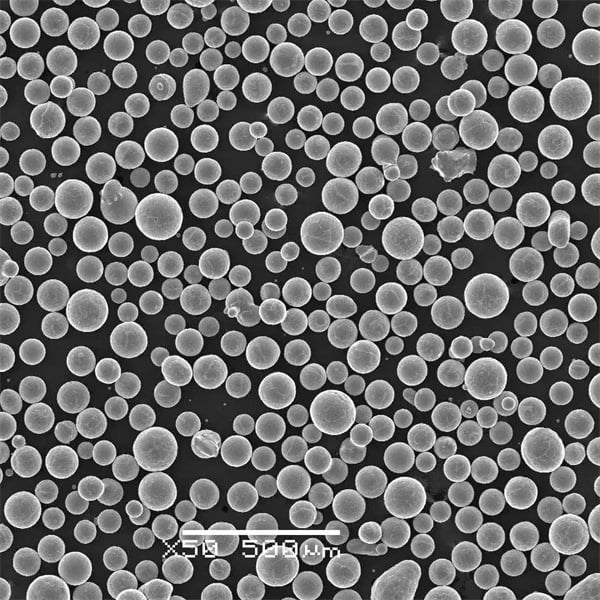
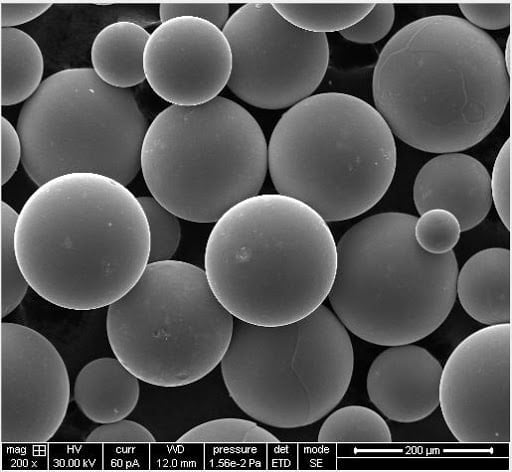
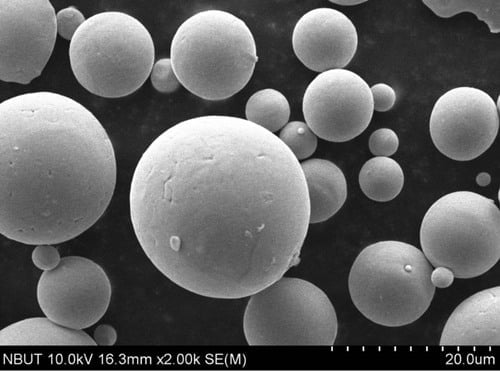
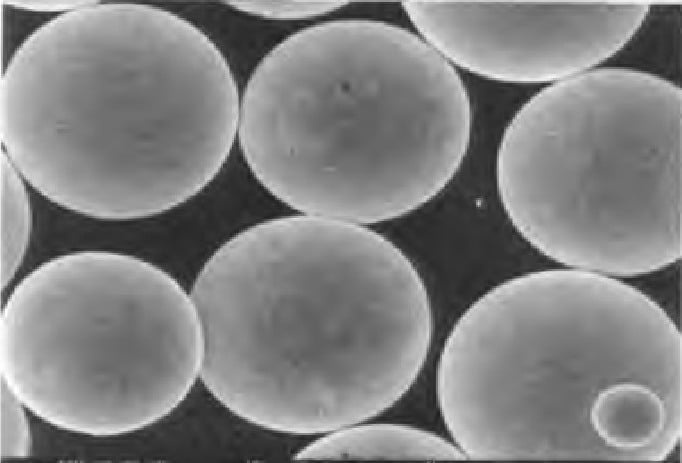
Factors to Consider When Selecting a Powder
With a vast array of corrosion-resistant metal powders available, selecting the right one for your specific needs is crucial. Here are some key factors to consider
- The Metal You’re Protecting: Different metals have varying susceptibilities to corrosion. Matching the powder’s properties to the specific metal you’re safeguarding is vital. For instance, zinc excels at protecting steel, while aluminum offers a good barrier for both steel and copper.
- The Corrosive Environment: Consider the environment the metal will be exposed to. Will it face harsh weather conditions, constant saltwater exposure, or high temperatures? Powders like zinc and aluminum perform well in general environments, while titanium and zirconium excel in high-temperature or marine settings.
- Propriedades desejadas: Beyond corrosion resistance, consider other properties you might need. For instance, if weight is a concern, aluminum might be a better choice than steel powder. Nickel offers good high-temperature resistance, while copper adds a touch of electrical conductivity.
- Estética: Certain powders offer a visually appealing finish. For instance, stainless steel powder provides a sleek, metallic look, while aluminum can create a bright, reflective surface.
- Custo: Metal powders vary in price. Zinc and aluminum are generally cost-effective options, while titanium and zirconium are more expensive due to their superior properties.
Comparing Popular Metal Powders
Let’s take a closer look at two popular choices, zinc and aluminum, to illustrate the decision-making process:
- Zinc: A champion of affordability and sacrificial protection, zinc powder is a go-to option for steel. It creates a strong barrier and readily corrodes itself to shield the underlying steel. However, zinc may not fare as well in highly acidic or alkaline environments.
- Alumínio: Offering a lightweight and versatile option, aluminum powder boasts good barrier protection and excellent heat resistance. It works well for various metals and environments, making it a popular choice. However, aluminum might not be the most economical option for large-scale applications.
Advantages and Limitations of Corrosion-Resistant Powders
Vantagens:
- Resistência superior à corrosão: Metal powders provide a robust defense against corrosion, extending the lifespan and functionality of metal components.
- Versatilidade: With a wide range of powders available, you can tailor the protection to the specific metal and environment.
- Custo-eficácia: Several metal powders offer an affordable way to enhance corrosion resistance compared to traditional methods like painting or galvanizing.
- Benefícios ambientais: Metal powders can reduce the need for frequent replacements due to corrosion, minimizing waste and environmental impact.
- Aesthetic Appeal: Certain powders can add a sleek and finished look to metal components.
Limitações:
- Application Process: Applying metal powders often involves specialized equipment and techniques like thermal spraying or powder coating.
- Thickness Limitations: The protective layer created by metal powders might have thickness limitations compared to some traditional methods.
- Repairs: Repairing damage to the powder coating might be more challenging compared to repainting a surface.
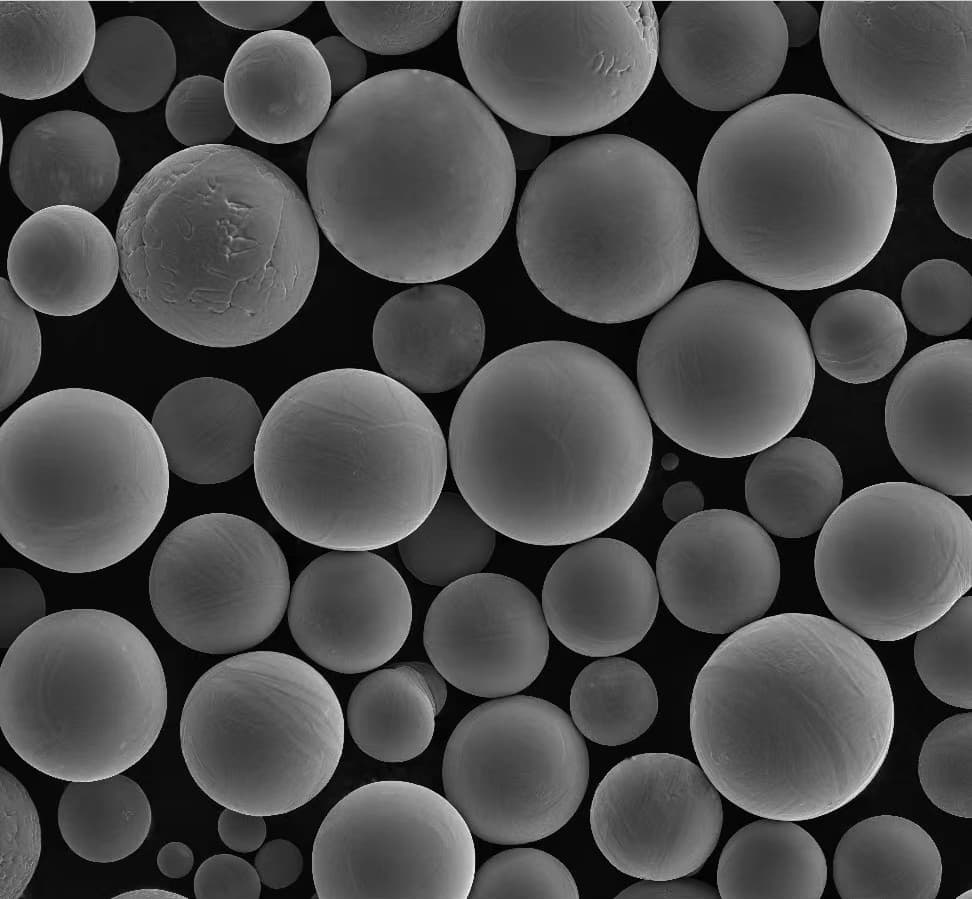
FAQs
Q: Are metal powders a permanent solution to corrosion?
A: While metal powders significantly enhance corrosion resistance, no solution is entirely permanent. The effectiveness depends on the powder type, the thickness of the coating, and the severity of the environment.
Q: Can I apply metal powders myself?
A: Applying metal powders typically requires specialized equipment and expertise. While DIY kits might exist for small projects, industrial applications often involve professional coaters.
Q: Are there any health or safety concerns with metal powders?
A: Certain metal powders can pose inhalation risks during application. Proper safety precautions like ventilation and respiratory protection are essential when handling these materials.
Sobre a 3DP mETAL
Categoria do produto
CONTACTE-NOS
Tem dúvidas ? Envie uma mensagem para nós agora mesmo! Após o recebimento de sua mensagem, nós processaremos sua solicitação com toda a equipe.
